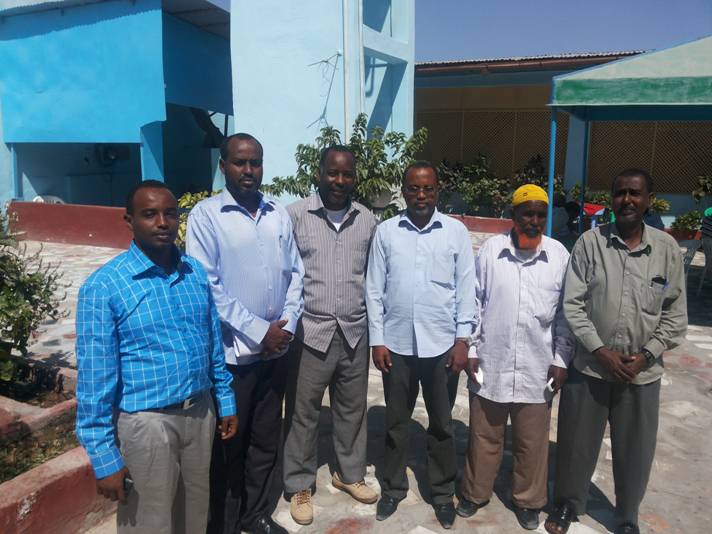ACEA Members
 Palestine Coalition for Education for all
Palestine Coalition for Education for all Somalia Coalition for Education for all
Somalia Coalition for Education for all Jordan Coalition for Education for all
Jordan Coalition for Education for all Lebanon Coalition for Education for all
Lebanon Coalition for Education for all Mauritania Coalition for Education for all
Mauritania Coalition for Education for all Morocco Coalition for Education for all
Morocco Coalition for Education for all Egypt Coalition for Education for all
Egypt Coalition for Education for all Iraq Coalition for Education for all
Iraq Coalition for Education for all Yemen Coalition for Education for all
Yemen Coalition for Education for all Sudan Coalition for Education for all
Sudan Coalition for Education for all Tunisia Coalition for Education for all
Tunisia Coalition for Education for all (Arab Network for Civic Education (ANHRE
(Arab Network for Civic Education (ANHRE The Arab Resource to develop knowledge
The Arab Resource to develop knowledge
Two-Day Workshop On Inclusive Plan for Special Needs of the Disabled People in Education in Somalia2013

With the support from GCE and the collaboration with the CSOs, education stakeholders, education umbrellas, the MOE, and national youth, women, and disability support organizations, Education For All Somalia (EFASOM) successfully completed a 2-day workshop on Inclusive Plan for Special Needs of the Disabled People in Education. Participants spent a highly enjoyable two-days training (31-December 2013 - 01-January 2014) at the Hotel Mubaarak on the Maka al Mukarama Street in Mogadishu. This workshop was part of our implementation plan in December 2013. After a discussion with the EFASOM members, we shrank the duration into two days and the workshop was concluded on 1st January. We also contacted an independent consulting firm to facilitate the workshop since highly delegates came. The objectives of the workshop were to ensure that no child is denied admission in mainstream education; ensure that every child would have the right to access school and no child would be turned back on the ground of disability. The focus is the inclusion of children and youth with disabilities in mainstream education institutions.
We invited 25 participants including 3 members from MoE; 10 members from Education Umbrellas; 3 members from Women organizations; 5 members from Disability organizations; 3 members from Youth organizations;and 1 staff member from (UNICEF).The MOE officials, Mr. Daud Mohamed Makaraan, Director of MOE Section of Education Umbrellas, and one of top UNICEF officials from the Education Sector: Mr. Mohamud Hashi explained the importance of special needs of disabilities in education. Education umbrellas pledged to support disabled people by providing scholarships.
The workshop covered topics including Strategies (preparing inclusive plans); Definition of disabilities; Scope of the Problems; Pathways to inclusion; Strategies (preparing inclusive plans); Lessons learned by disabilities stakeholders; Barriers and challenges for children with disabilities – Brainstorming; Developing of inclusive plans by the governmental, non-governmental and other relevant stakeholders; UN Conventions of disabilities and child rights and Recommendations for action by stakeholders. The workshop resulted in a set of recommendations and Action Plan on Inclusive Plan for Special Needs of the Disabled People in Education.
EFASOM is working to build inclusive knowledge societies, where persons with disabilities must be included at all levels in education and is standing to teach society that people with disabilities have a right to live a prosperous life. Local and international education officials working in Somalia must take a more active and well-coordinated role in providing "Inclusive Education" for all children in the area. Education providers, including the Ministry, should offer quality education for all children by improving the capacity of the education system to respond flexibly and creatively to the individual needs of the children, through teacher training, learning aids and other measures. Lobbying and grassroots advocacy could also raise awareness throughout Somalia. The Ministry of Education, education stakeholders and local NGOs should give priority to children with disabilities to get education while also improving access to schools and hospitals. People's attitudes, lack of public awareness and sensitization are the real barriers to the development of these children -- not their impairments.
In fact, the Somali government has launched a nationwide educational program for nearly a million school students. Making the announcement, the country’s development and social affairs minister said that the Somali federal government has already put in place plans to realize free education program that will target both young children and adult across the strife-torn country. The Somali government says that this education plan will ensure the inclusion of children from poor backgrounds, minorities, IDPs, and children with disabilities.For more photos press here.
Developed by MONGID DESIGNS™
جميع الحقوق محفوظة لـأ‡أ،أچأ£أ،أ‰ أ‡أ،أڑأ‘أˆأأ‰ أ،أ،أٹأڑأ،أأ£ أ،أ،أŒأ£أأڑ © 2025
 9th Global meeting of the CCNGO
9th Global meeting of the CCNGO



